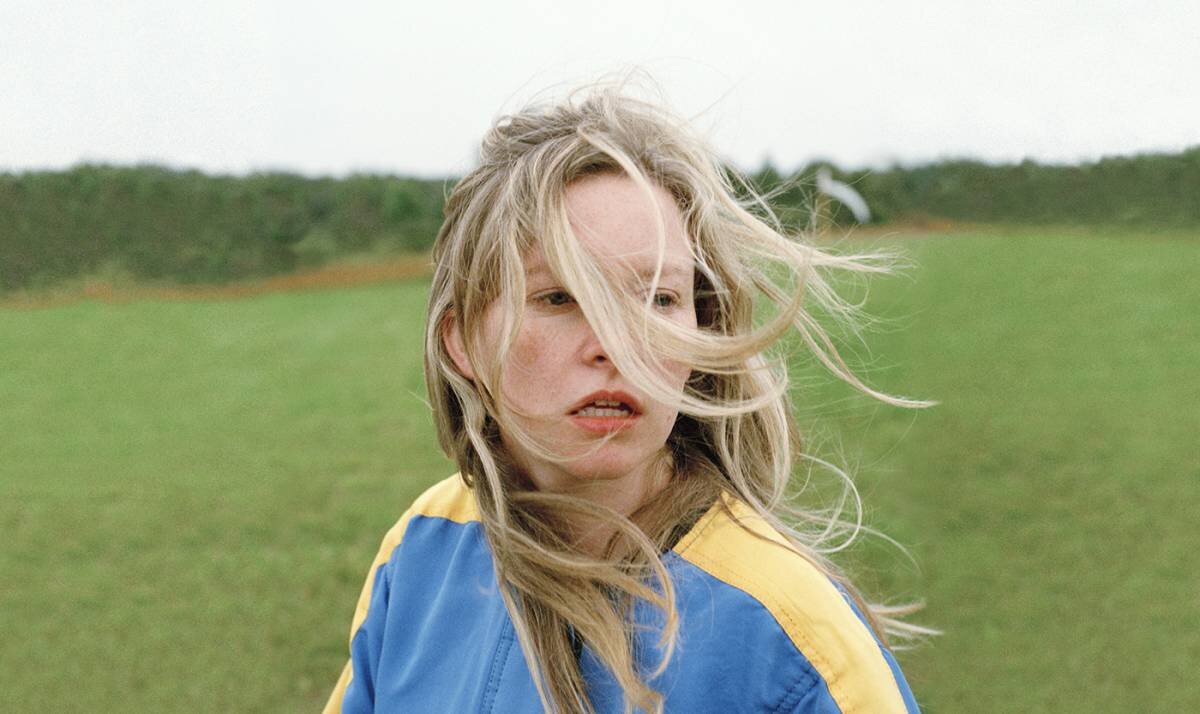The Guardian wrapped its coverage of this year’s Toronto International Film Festival with a few of critic Wendy Ide’s personal raves. Among those singled out for best performance was Deragh Campbell, who might not have the marquee value of Ide’s other choices—Adam Sandler, Riz Ahmed, and Lesley Manville—but whose towering work in the micro-budgeted Anne at 13,000 ft proves her to be every bit their equal.
TIFF itself extended an honourable mention to Campbell in its own slate of awards. For her part, the constitutionally modest 30-year-old tells the Straight, “I’m a tiny bit overwhelmed by the attention,” although it’s been a long time coming for Campbell and the loose collection of young Canadian filmmakers she collaborates with.
With Anne, shot piecemeal over 20 months (for pennies), director Kazik Radwanski gets the perfect foil for his pitiless style of character interrogation, which places the unstable child-care worker played by Campbell in relentless medium close-up. Aligned with her gradual unravelling, the effect is so powerful that the film’s bookend skydiving sequences, which Campbell did for real with a GoPro, register as the least perilous aspects of her performance.
“I think most of the movies I’ve been in, the focus has been a bit more on formal concerns,” she suggests, during a call from Toronto. “In this, the performance and the filmmaking are kind of in dialogue with each other, so suddenly people are giving my performance attention. And it’s really exciting!”
Those formal concerns were undeniably present in Antoine Bourges’s Fail to Appear, an indelible feature screened at VIFF 2017 in which Campbell’s social worker is indistinguishable from the film’s doggedly prosaic aesthetic. The same goes for Sofia Bohdanowicz’s remarkable Never Eat Alone, seen at VIFF 2016. This was Campbell’s first appearance as Audrey, a surrogate inside Bohdanowicz’s intensely personal cinema, now returning in MS Slavic 7—the second of the two Campbell-led features (and two shorts) coming to VIFF this year.
This time, their intimate process yields a codirecting credit for Campbell, while Audrey is allowed a tad more emotional exposure than before, as if Campbell/Bohdanowicz are gradually learning to trust their audience. Along with Anne at 13,000 ft, it offers strong evidence that VIFF’s Future//Present program is locked in to the most exciting work being done on the booming margins of Canadian cinema.
“It sounds so utopian, but I’m happy to say it’s true: what has been so incredible about the Toronto film scene is that were all coming to visibility at the same time,” says Campbell. “We’re all going to the Cinematheque together, we’re all going out after the movie and talking about it together, we’re all seeing each other’s movies, we’re all giving each other notes on each other’s movies. Rather than this competitive thing, it’s actually people pulling each other up—together. Which makes us so much stronger and more undeniable when it comes to the industry.”
Campbell audibly winces through that last word—industry. “We’re not being acknowledged in a boardroom,” she says. “We’re being acknowledged through actual filmmaking.”
Published September, 2019
